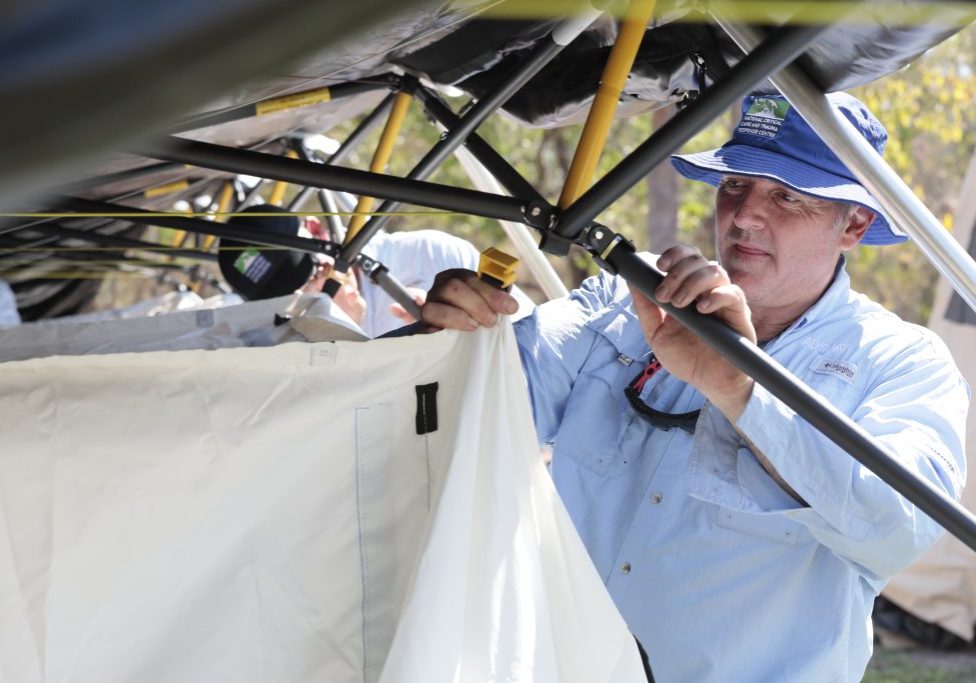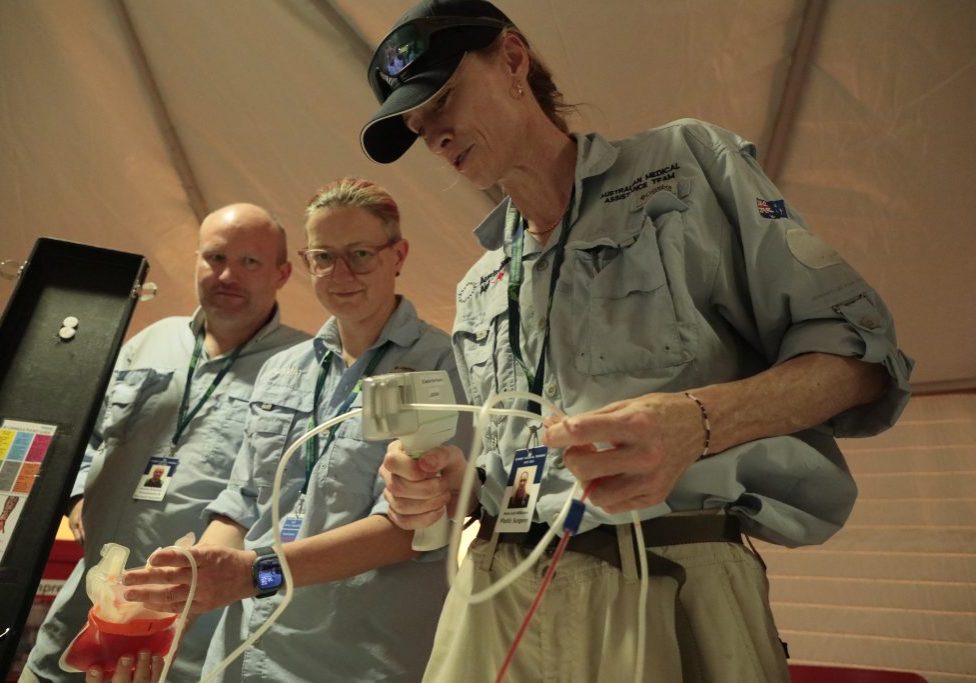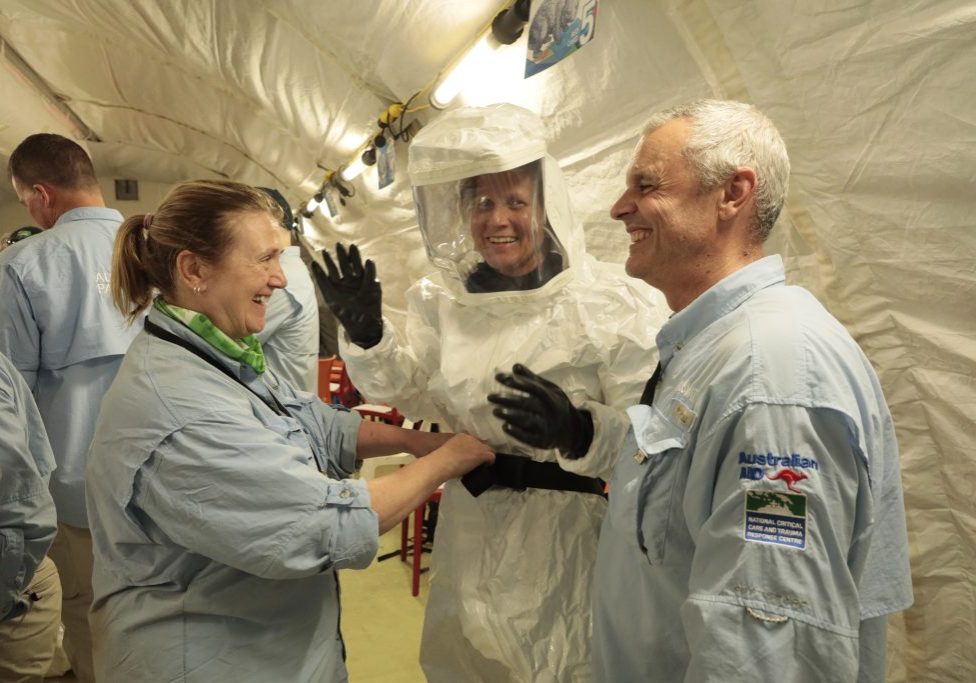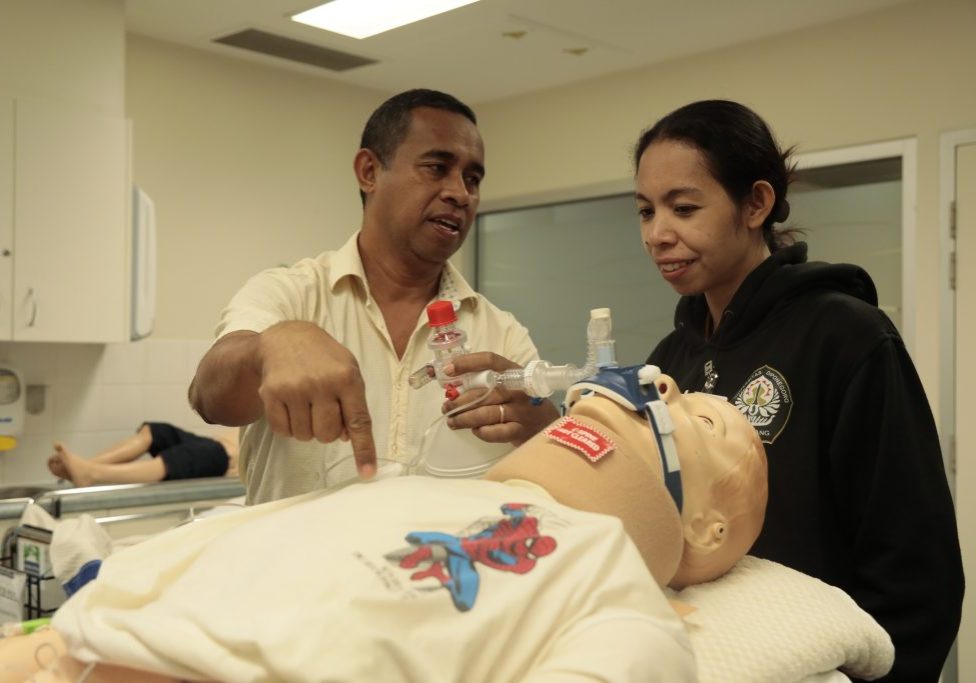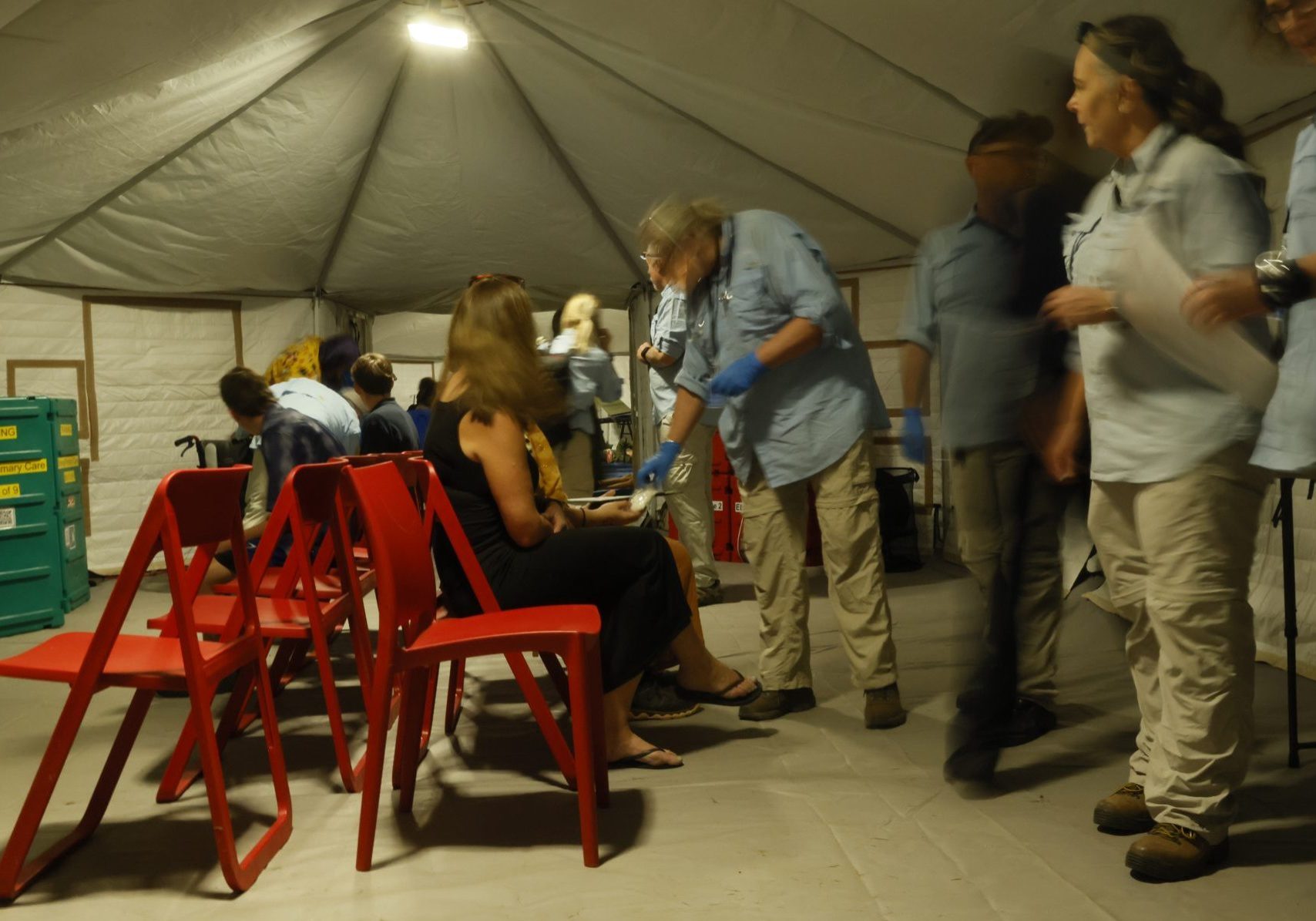Promoting rehabilitation in emergencies: a global collaboration
11 Dec 2024
Written by Erica Bleakley
The NCCTRC is proud to have contributed to the development of a new World Rehabilitation Alliance (WRA) factsheet raising awareness about the role of rehabilitation in emergencies. The factsheet is the result of global collaboration between members of the WRA’s Emergencies work stream, and creative design work by the NCCTRC’s graphic designer, Vaughn Peterson. The factsheet is available in 13 languages thanks to the contributions of the work stream, and the NCCTRC’s linguistically diverse staff who supported the development of the Tetun, Nepalese, Tamil, Chinese and Portuguese versions.
The WRA is a World Health Organization (WHO) global network of rehabilitation stakeholders focused on promoting rehabilitation as an essential health service. The WRA is working to implement the goals of the Rehabilitation 2030 Initiative, which aims to integrate rehabilitation into universal health coverage and strengthen health systems worldwide. The Alliance’s objectives include conducting evidence-based advocacy activities that increase awareness and demand for rehabilitation, facilitating networking and knowledge sharing, and creating a shared understanding and narrative around rehabilitation.
It is hoped the factsheet will be distributed far and wide, sparking learning, discussion and action towards the inclusion of rehabilitation in responses to health emergencies of all kinds, from conflicts to disasters and disease outbreaks. Included in the factsheet is a QR code that links to a WHO policy brief titled Strengthening rehabilitation in health emergency preparedness, readiness, response and resilience, which provides a more detailed examination of the evidence and challenges for rehabilitation in emergencies and outlines key steps for ensuring rehabilitation needs in emergencies are met.
The NCCTRC invites you to read, display, and share the factsheet throughout your networks to help raise awareness about the importance of rehabilitation in health emergencies. The factsheet is available in:







